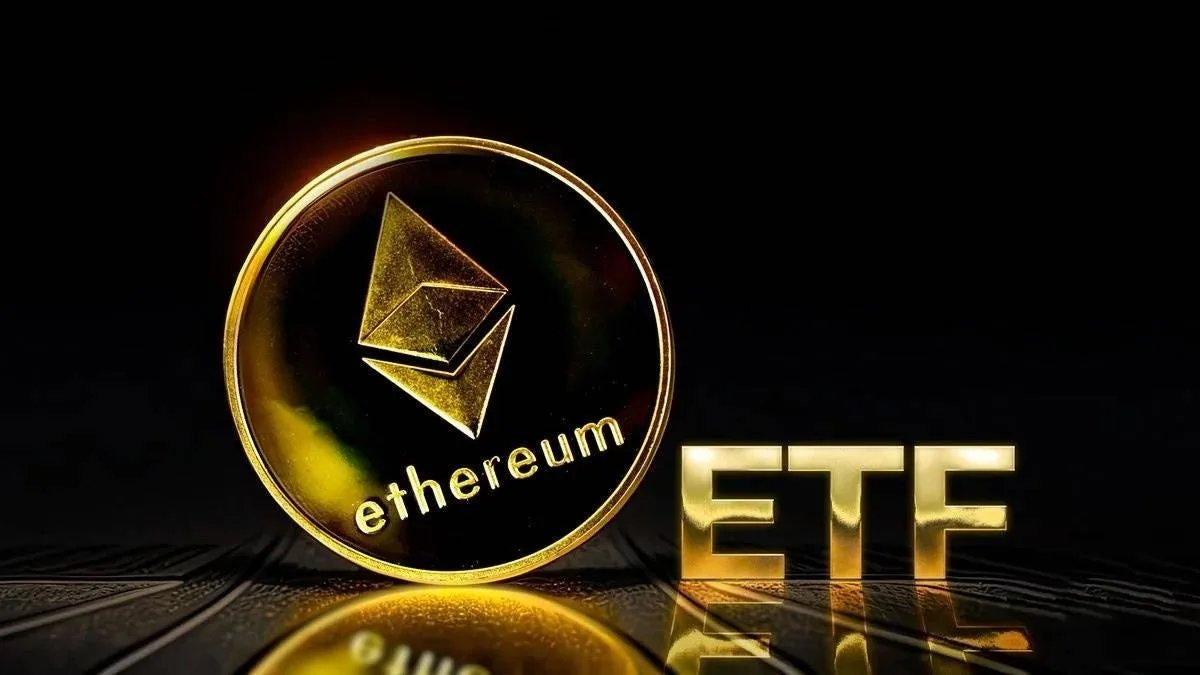|
Getting your Trinity Audio player ready...
|
The long-awaited approval of spot Ether ETFs in the US has ignited a firestorm of excitement among investors. However, amidst the celebratory cheers, a crucial question emerges: does this move contradict the very essence of cryptocurrency – decentralization?
Centralized Convenience vs. Decentralized Dream
Cryptocurrencies like Bitcoin and Ethereum were born from a desire to break free from centralized control. They empower users to hold their own assets (through private keys) and conduct transactions directly, eliminating the need for intermediaries.
However, Mona El Isa, founder of Avantgarde Finance, argues that Ether ETFs contradict this core principle. By packaging Ether into a traditional ETF structure, these products essentially reintroduce centralized custodians like Coinbase. According to El Isa, this negates the benefits of self-custody, including lower fees, reduced counterparty risk, and the freedom to transact instantly.
Also Read: Will Ethereum ETFs Sink Bitcoin? Peter Schiff Thinks So, Experts Disagree
Will Convenience Trump Self-Custody?
El Isa predicts that while ETFs will see initial adoption, investors will eventually gravitate towards self-custody as they become more comfortable navigating the crypto space. This makes sense, as holding the private key translates to true ownership and complete control over one’s assets.
However, others point out the undeniable convenience factor of ETFs. Their familiarity to traditional investors could be a major driver of adoption, attracting those who might otherwise shy away from the complexities of self-custody.
Hao Yang, head of financial products at Bybit, acknowledges the debate surrounding decentralization. He highlights the ongoing challenges faced by Ethereum, such as MEV (Miner Extractable Value) and liquid staking. Addressing these issues will be crucial in maintaining Ethereum’s decentralized and democratic nature.
Despite the concerns, Yang remains optimistic about the future of the industry. The ETF approval, he believes, injects a renewed sense of confidence and potentially opens doors for other sectors like DeFi, NFTs, and other token-based applications.
A Compromise on the Horizon?
The debate surrounding centralization and ETFs isn’t new. Concerns about security, potential hacks, and the creation of “unbacked” assets have been raised previously. However, issuers maintain that self-custody and ETFs can coexist. They argue that ETFs cater to a different investor segment and offer a secure, regulated entry point into the crypto space.
Ultimately, the true impact of Ether ETFs on the decentralization movement remains to be seen. Only time will tell if convenience outweighs the core principles of cryptocurrency, or if a middle ground can be found where both self-custody and ETFs thrive in their own right.
Disclaimer: The information in this article is for general purposes only and does not constitute financial advice. The author’s views are personal and may not reflect the views of Chain Affairs. Before making any investment decisions, you should always conduct your own research. Chain Affairs is not responsible for any financial losses.




